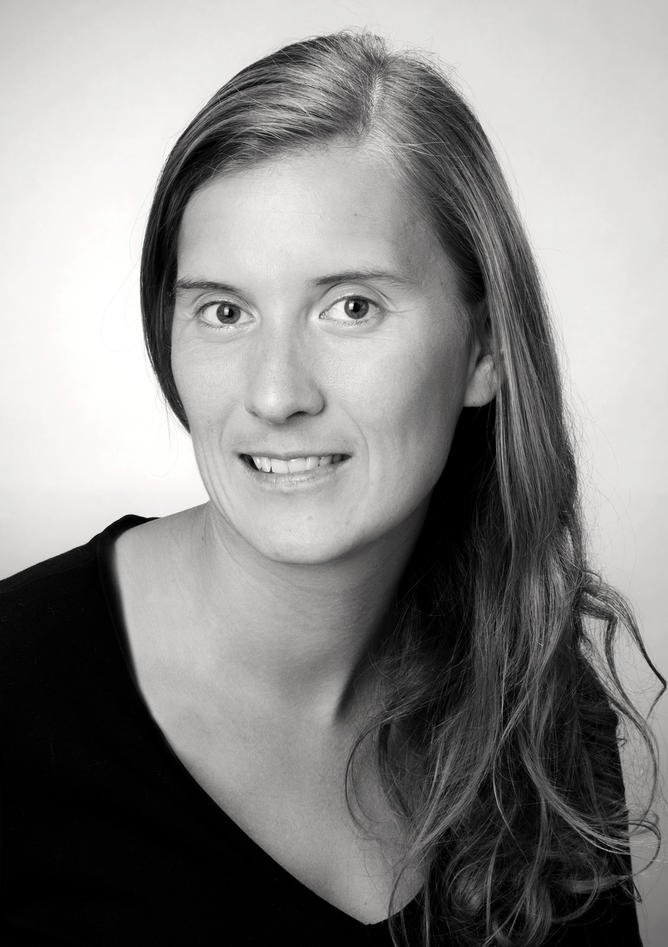The role of the microenvironment in tumors
Inga Reigstad defended Thursday June 22nd 2017 her dissertation "Investigation of different aspects of the tumor microenvironment as determinants of tumor development and progression".

Main content
The cancer cells in a tumor are surrounded by other cell types and connective tissues that make up the microenvironment in the tumor. It has been shown that the micro-environment plays an important role in cancer. This doctoral thesis investigates how the micro-environment affects the development and progression of cancer.
The role of integrins
Integrins are groups of molecules that both bind cells and connective tissue together, and participate in the communication between them. Various studies have shown that different integrins can play important roles in both cancer development and progression of cancer. In this doctoral thesis, the role of the α11β1 and the β3 integrins in cancer tumors has been studied using models for breast cancer and prostate cancer.
In the breast cancer model, Reigstad found that the β3 integrin affects the structure of the connective tissue and acts on the fluid balance and that α11β1 affects the structure of the connective tissue. In addition, integrin α11β1 appears to reduce growth in the prostate cancer model.
Oxygen deficiency alone does not cause EMT
Epithelial to mesenchymal transition (EMT) is a process in which cancer cells change appearance and properties, making it easier for cancer cells to spread in the body. In cancerous tumors there is often oxygen deficiency due to rapid cell growth and lack of blood supply, and this oxygen deficiency is believed to play an important role to allow the cells to undergo EMT. Therefore, the effect of oxygen deficiency on different breast cancer cells growing in cell cultures was studied and findings indicate that oxygen deficiency alone is not sufficient to cause these cell lines to undergo EMT.
Furthermore, oxygen deficiency was combined with other factors in the microenvironment that could provoke EMT; TGF-β and Notch. These factors did not lead to the development of EMT in this study, neither alone or in combination with oxygen deficiency.
Department of Biomedicine and CCBIO candidate
Inga Reigstad (born 1984) did her education as a medical doctor at the University of Bergen (UiB), and has completed her doctoral work at the Department of Biomedicine and CCBIO, UiB. The funding for the doctoral project came from Helse Vest, and main supervisor and co-supervisor during the period have been Professor Linda Stuhr and Professor Rolf K. Reed.
